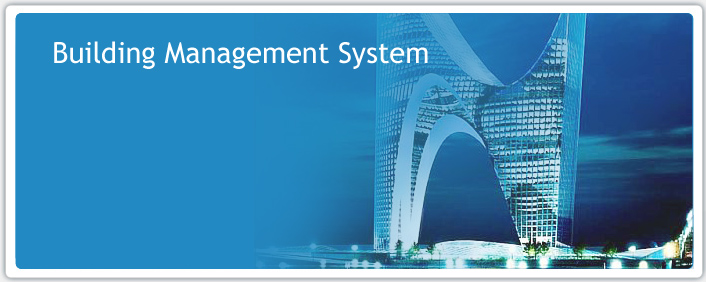The primary benefits of choosing a building management system (BMS) include increasing productivity, cutting costs and conserving resources. However, certain considerations need to be made during the shopping process if you’re going to maximize the realization of those attributes.

Here’s what you need to think about.
1. The People Tasked with Operating It
Representation from your operations team in the decision-making process is crucial to the successful deployment of a BMS. In addition to selecting the system, they should also have a role in its design and installation. The smart play is to visit facilities already using the system you’re considering. Let your building engineers talk to peers who are using it. Your goal should be to find the right balance between the sophistication of the system and the needs of the people who will operate it.
2. Conduct a Facility Audit
This will help you identify key needs. Primary considerations should include the nature of the weather, the types of operations performed in the buildings in question and any other functions the BMS will be tasked with administering. This will help you set expectations, which in turn will give you a yardstick by which to measure success and view opportunities for improvements. You should also look for equipment in need of upgrading before implementing the BMS to ensure everything can derive the most benefit from the algorithms and sequences the BMS will impose.
3. Upgrades/Scalability
We live in an age in which technological advancements, particularly in the digital arena, emerge rapidly. Any BMS plan must take this into consideration and leave room for upgrades as systems improve and more effective solutions surface. Along these same lines, you have to look at where your facility is expected to be in five years’ time, ten years’ time and so on. Planning for growth, anticipating advances and designing building management systems to accommodate them will save you time and money, as well as help you avoid growing pains.

4.Your Network Infrastructure
Your BMS will operate only as efficiently as the network supporting it will allow. It’s important to avail yourself of the fastest, most robust and most adaptable backbone to eliminate bottlenecks and accommodate growth. Like your BMS, your network should be designed with scalability in mind. You also want it to be flexible enough to accept new components as superior ones become available. This will give you the ability to effect incremental upgrades rather than suddenly finding yourself in need of a much costlier full revamp.
5. The Degree of Openness You Require
On the one hand, an open communications protocol makes it easy for a wide variety of individuals to interact with the system. However, this can also be a security issue. Proprietary front-end software can help in this regard, but it also limits you to people who have the specific training it requires. Long story short, you’ll need to make this decision on a case-by-case basis.
6. User Friendliness
The most capable BMS ever known to humankind will be an abject failure if its front-end interface is difficult, recalcitrant and unfathomable. In other words, you’re going to have problems if it’s a pain in the aspiration to operate. The most desirable traits in this regard include responsiveness, a logical interface, ease of programming and remote access capability.
7. Training/Tech Support/Maintenance
The vendor(s) with which you choose to work should be strong in both training and technical support. These systems are complex and designed to interact with a broad array of equipment. Proper training and solid support are key to extracting their full potential. Similarly, it’s critical to get clear on the maintenance that the system will require and ensuring your people are trained to conduct it accurately and thoroughly.

Considering these factors when choosing a building management system will help you find the ideal solution for your facility’s needs today and well into the future.
